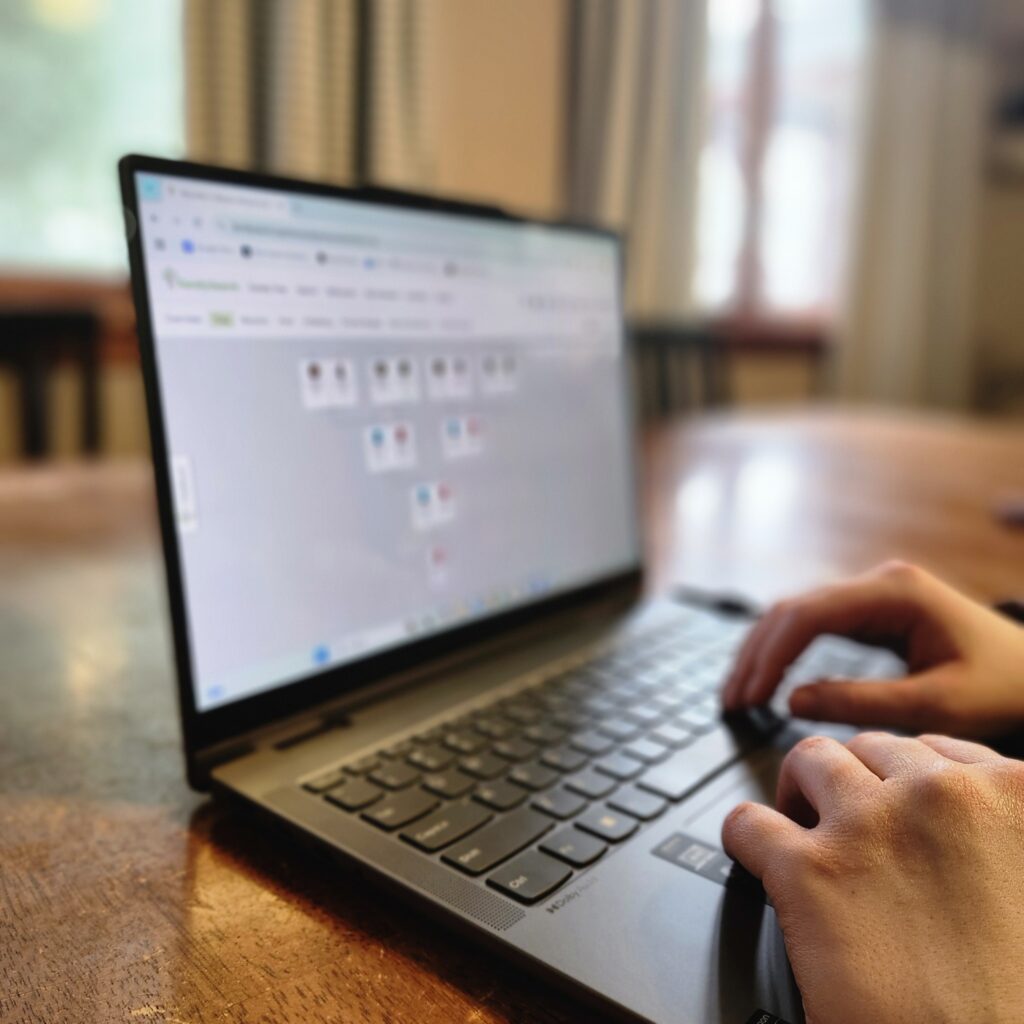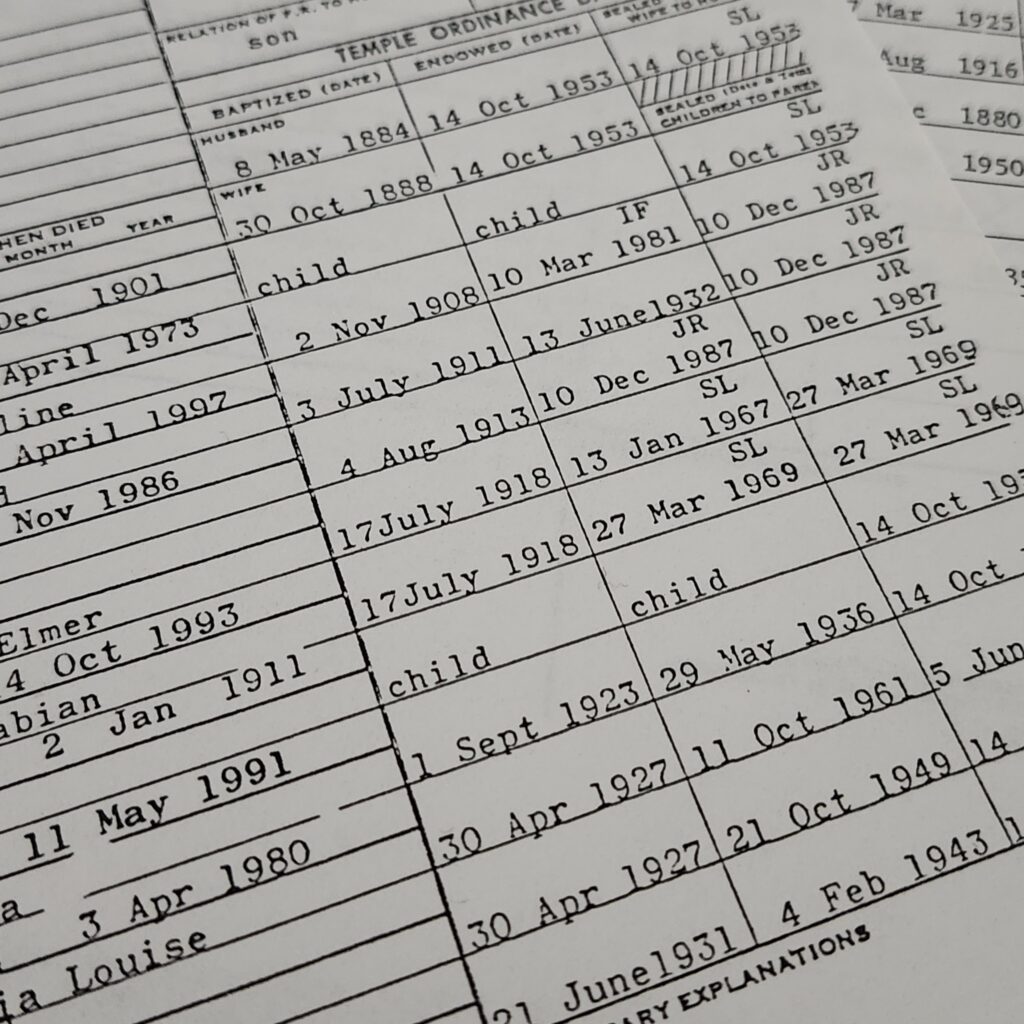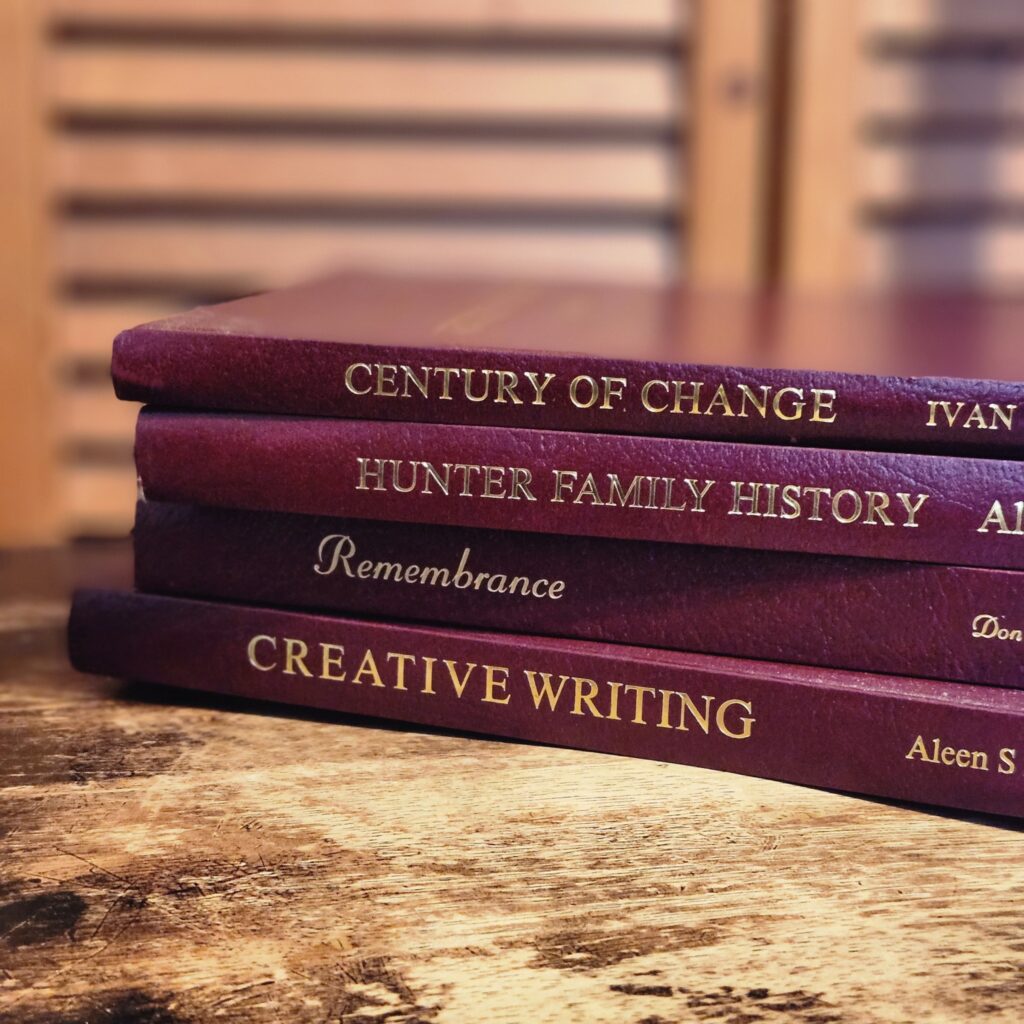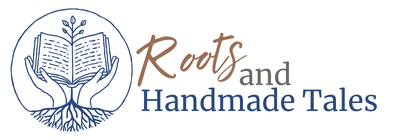Tracing family roots and stories is at the heart of understanding what family history truly means.

What is Family History?
Family history is the exploration and preservation of your ancestry, uncovering the stories, roots, and connections that define your family’s legacy. It’s about tracing family roots and the lives of those who came before you to understand your identity better and create a foundation for future generations.
We all have a story. In fact, we all come from a living library of family stories. Each story has characters with names, personalities, and unique journeys that intertwine to create a rich tapestry of experiences. These roots run deep, shaping who we are, connecting us to our past, and guiding us toward our future. The characters in these stories are our relatives—our ancestors.
Family history is discovering more about those relatives—the ones who lived before us and are part of our own stories. It’s about following the threads of our roots, preserving their tales, and honoring their legacy.
At its core, family history is the study and documentation of your ancestry and the lives of your relatives across generations. It involves tracing family roots, building family trees, and understanding how historical events, traditions, and choices have shaped your family’s story. This process often includes researching birth, marriage, and death records, preserving oral histories, and uncovering cultural heritage and values passed down through generations. In essence, family history connects us to the past, explains the present, and creates a foundation for future generations, instilling a sense of identity and belonging.
Why Does Family History Matter?
Family history matters because it connects us to something bigger than ourselves. It allows us to understand where we come from, providing context for who we are today. It bridges generational gaps, helping us build stronger relationships with those who came before us and those who will follow.
This process isn’t just about uncovering facts; it’s about uncovering meaning. It’s about hearing the stories of perseverance, faith, and love that shaped our ancestors’ lives. These stories don’t just tell us about the past; they teach us lessons for the present and future.
What Counts as a Family History?
Family history encompasses more than just dates and charts; it’s the heartbeat of your family’s legacy. It includes everything that connects us to our roots—personal stories, traditions, photographs, heirlooms, recipes, and even the values passed down through generations. It’s the moments of laughter captured in a shared memory, the lessons embedded in a grandparent’s tale, or the handwritten letters that carry whispers of the past.
We believe family history is found in the everyday moments and cherished keepsakes that tell your family’s unique story. Whether it’s a journal entry, a family recipe, or the story of how your parents met, every piece contributes to the rich narrative of who you are and where you come from. By preserving these elements, you ensure that your family’s roots remain strong and meaningful for generations to come.

From Boring to Meaningful
Like many, I thought family history was for people older than me. I also believed others had already completed my family history, so I didn’t need to participate. Honestly, I didn’t know how to start family history, and the idea of doing it seemed overwhelming and, dare I say, boring.
I was under the false impression that family history was all about endless documentation, tracing family roots, and creating family trees. While those elements play a part, I’ve learned that family history is much more than that. It’s powerful, personal, and, most importantly, unfinished. Each generation adds new chapters, and each person’s contribution matters.
In doing Family History, I often look back at my life and see how I have enjoyed connecting with my ancestors. Family is something that has always been important to me. I haven’t always been good at keeping a personal journal, but I have always loved writing personal stories. Shortly after Dave and I were married, I asked him to help me write a story for our kids about how he and I met. I wanted it to be like a fairytale that they would enjoy reading. It would have little tales of our marriage and family life. By the time Dave and I were both old, we’d have a set of treasured, hand-written books to pass to our posterity. We created a wonderful ‘first chapter’ that captured the tale of our meeting and getting engaged. It would be a great story if we continued to write it (remember I said I haven’t always been good at keeping a journal!). Maybe sometime I will share with you the first chapter of this book. And maybe someday I will fill its pages with tales of some of my favorite memories.
I have learned that family history can be so much fun! Writing stories creatively (like a fairytale), learning new skills that help me connect with my ancestors, and exploring interactive tools like family trees and timelines. The more I learn about my roots, the more I want to dig deeper to learn more.
‘His’ Story is Our Story
One of my favorite ways to view family history is as “His-story.” This perspective changes everything. When I focus on “His-story,” I see family history as a reflection of the stories God has written for us. It becomes a journey of discovering how God has worked in and through our ancestors, revealing a greater narrative of faith, grace, and purpose.
Through this lens, family history highlights the values, struggles, and triumphs that have shaped our legacy. It allows us to recognize God’s hand in guiding and blessing our families over generations. Seeing family history this way is deeply humbling and profoundly inspiring. It transforms genealogy into something far more meaningful—a reflection of faith and identity intertwined with God’s plan.
How Can I Check My Family History?
Exploring your family history starts with curiosity and a willingness to uncover the stories waiting to be told. Begin by talking to your relatives—ask about their memories, traditions, and the people who shaped their lives. Dive into old photo albums, letters, or keepsakes that may reveal your roots. From there, tools like online genealogy platforms, historical records, and DNA testing can help you piece together your family tree. I encourage you to embrace this journey with an open heart. Every discovery, no matter how small, adds depth to the story of where you come from and helps preserve your family’s legacy for future generations.

Preserve Your Legacy
Family history is more than names and dates; it’s about stories, connections, and identity. It’s a way of honoring those who came before us while building a foundation for those who will come after us.
So, what’s your story? What legacy do you want to leave? Start exploring today, and let the tapestry of your family’s history inspire you and others.

Thanks for sharing🩵
You are welcome, Rowena. Check out our new post put up today!